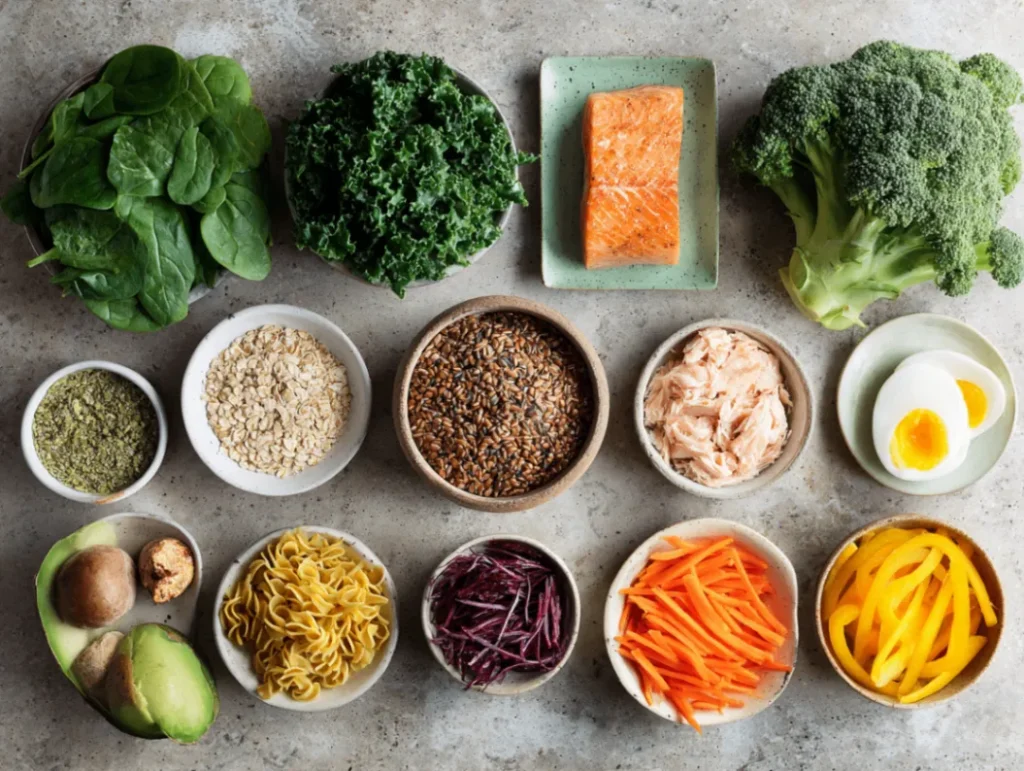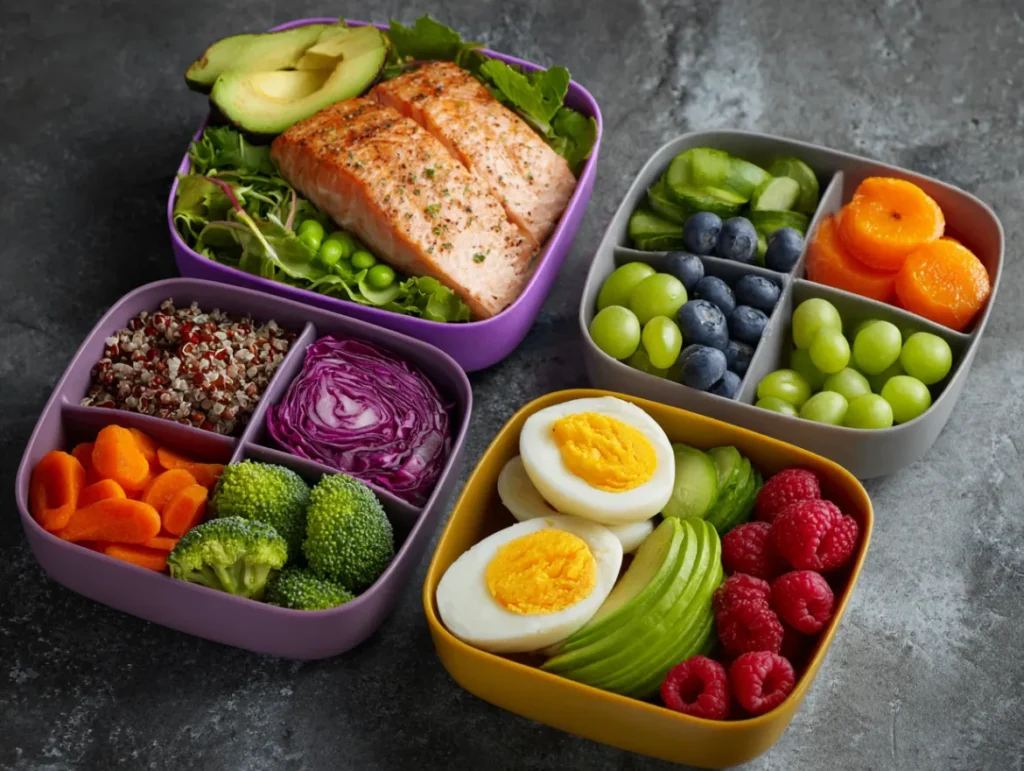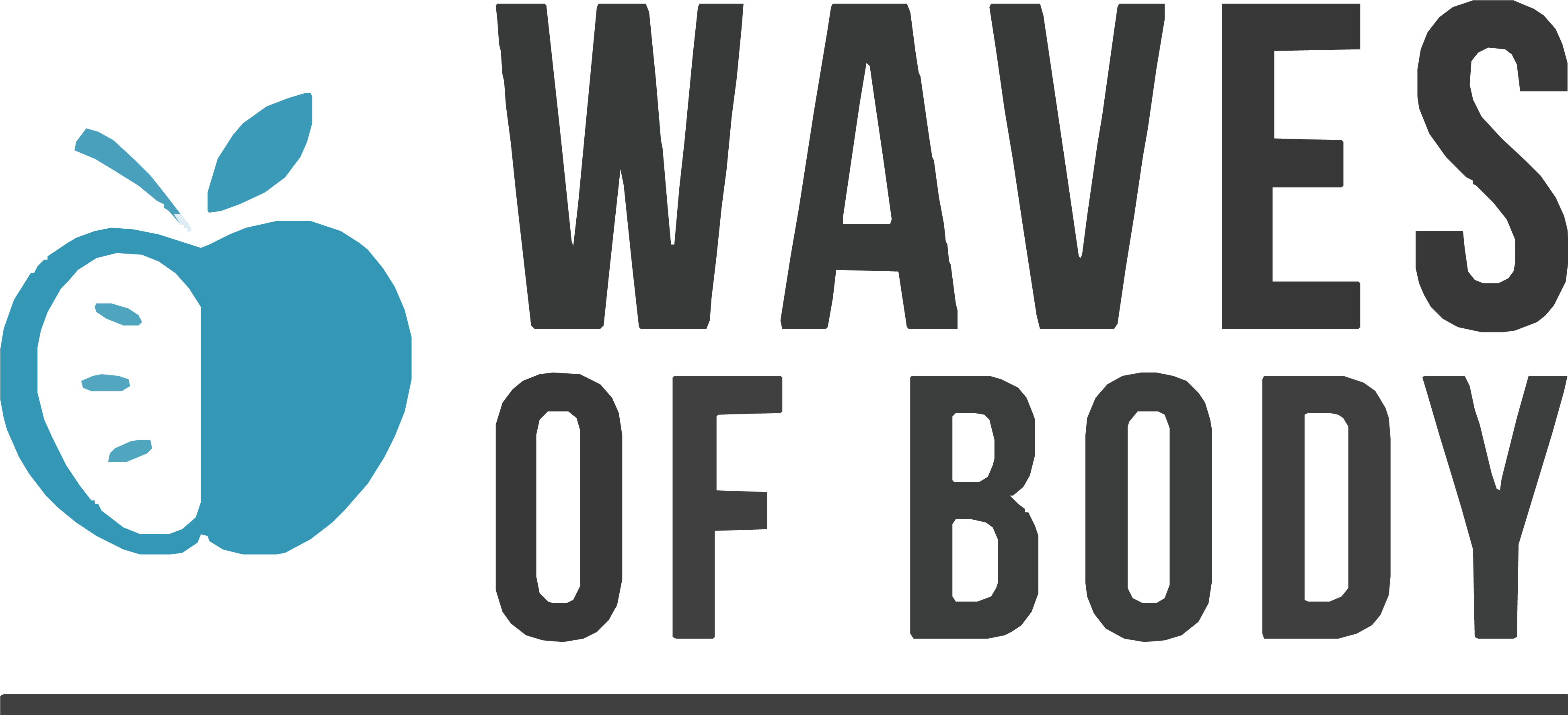Struggling to maintain healthy eating habits when your weekdays feel like a constant sprint between meetings, deadlines, and endless responsibilities? Furthermore, you’re definitely not alone in feeling trapped between expensive takeout and sad desk salads that leave you hungry an hour later. I’ve spent years developing these quick healthy lunches specifically designed for real-world busy schedules, ensuring you get proper nutrition without sacrificing precious time or energy. Meanwhile, these eight recipes prove that eating well during hectic weekdays doesn’t require meal prep marathons or gourmet cooking skills. Your afternoon energy levels are about to transform, and you’ll finally have lunches that actually sustain you through busy days.
Thank you for reading this post, don't forget to subscribe!
Why You’ll Love This Recipe
Let me tell you a little secret about successful quick healthy lunches – the key is strategic simplicity that maximizes nutrition while minimizing prep time. Additionally, here’s why these recipes have become my lifeline during overwhelming work weeks:
- 10-minute maximum assembly using ingredients that require minimal or no cooking preparation
- Blood sugar stabilizing combinations of protein, fiber, and healthy fats that prevent afternoon crashes
- Portable and practical designs perfect for eating at your desk, in the car, or wherever your day takes you
- Budget-friendly nutrition that costs less than half of healthy restaurant options while providing superior fuel
Trust me on this one – I used to be the person surviving on vending machine snacks and caffeine until 3 PM crashes became unbearable. Consequently, these lunch strategies completely transformed my energy levels and productivity during even the most demanding workdays.
Pure Comfort
There’s something deeply reassuring about having reliable busy weekday meals that never let you down when life gets overwhelming. In addition to providing consistent nutrition, these lunches remind us that self-care doesn’t require perfect circumstances or endless time. Furthermore, these fast healthy lunches perfectly capture that feeling of being prepared and nourished, no matter how chaotic your schedule becomes. The ritual of having healthy options ready creates a sense of control and calm during stressful periods. Whether you’re rushing between client meetings or managing family schedules, these meals provide both physical fuel and mental peace of mind.
Ingredients You’ll Need
First and foremost, the genius of these recipes lies in using nutrient-dense ingredients that work efficiently across multiple lunch combinations. Moreover, here’s everything organized for maximum convenience and minimal waste:
Protein Powerhouses:
- Greek yogurt (plain, for both sweet and savory applications)
- Pre-cooked rotisserie chicken (versatile protein base)
- Hard-boiled eggs (batch cook on Sundays)
- Canned chickpeas and black beans
Healthy Carbohydrates:
- Whole grain wraps and pita bread
- Quick-cooking quinoa (cook large batch weekly)
- Sweet potatoes (microwave-friendly for quick cooking)
- Fresh fruit (apples, berries, bananas)
Nutrient-Dense Vegetables:
- Pre-washed spinach and mixed greens
- Cherry tomatoes and cucumber
- Bell peppers and carrots
- Avocados (buy varying ripeness levels)
Flavor and Healthy Fats:
- Olive oil and balsamic vinegar
- Nuts and seeds (almonds, pumpkin seeds)
- Hummus and tahini
- Fresh herbs (cilantro, parsley, basil)
The beauty of this ingredient strategy is that most items work in multiple recipes, reducing both shopping time and food waste. Similarly, focusing on minimally processed whole foods ensures maximum nutrition per bite.

Step-by-Step Instructions
Preparation
To start, successful quick healthy lunches require minimal but strategic preparation for maximum weekday efficiency:
- Batch prep proteins on Sunday – cook quinoa, hard-boil eggs, and portion rotisserie chicken
- Wash and chop vegetables immediately after grocery shopping to eliminate daily prep work
- Keep healthy pantry staples stocked so you always have backup lunch options available
- Invest in good portable containers that make eating anywhere convenient and mess-free
Cooking Method
Next, here are the 8 nutritious recipes that will revolutionize your busy weekday fuel:
Protein-Packed Powerhouses:
- Greek Yogurt Power Bowl – Layer yogurt with granola, berries, and nuts for sustained energy
- Chickpea Salad Wrap – Mash chickpeas with tahini, stuff in whole grain wrap with vegetables
- Egg and Avocado Toast – Top whole grain bread with mashed avocado and sliced hard-boiled egg
Vegetable-Forward Options: 4. Mediterranean Quinoa Bowl – Combine cooked quinoa with cucumber, tomatoes, feta, and olive oil dressing 5. Rainbow Veggie Hummus Wrap – Spread hummus on tortilla, add colorful raw vegetables and spinach
How to Know When It’s Done
Your lunch prep is complete when you have balanced macronutrients in each meal and vibrant colors that indicate diverse nutrient content. Each lunch should include protein, healthy fats, and fiber-rich carbohydrates.
Finishing Touches
Quick Assembly Champions: 6. Chicken and Sweet Potato Bowl – Microwave sweet potato, top with rotisserie chicken and steamed broccoli 7. Apple Almond Butter Protein Plate – Slice apple, pair with almond butter and Greek yogurt for balanced nutrition 8. Black Bean and Avocado Salad – Mix canned beans with diced avocado, tomatoes, and lime dressing
Finally, pack dressings and wet ingredients separately to maintain optimal texture and freshness throughout your busy day.
Tips for Perfect Results
Furthermore, these time-saving strategies ensure your quick healthy lunches always deliver nutrition and satisfaction:
- Prep ingredients in order of shelf life – hardier vegetables first, delicate greens last, to maximize freshness
- Keep emergency backup ingredients like nut butter and whole grain crackers for ultra-busy days
- Focus on nutrient density rather than perfection – good nutrition beats perfect presentation every time
Variations to Try
Meanwhile, here are simple ways to adapt these foundations for different needs:
- Higher protein versions: Add extra eggs, nuts, or Greek yogurt to any nutritious lunch recipes for sustained energy
- Lower carb adaptations: Replace grains with additional vegetables or use lettuce wraps instead of tortillas

FAQ
Can I make these quick healthy lunches ahead of time?
Absolutely! Most components can be prepped 2-3 days in advance, with final assembly taking just 2-3 minutes each morning.
How do I store leftovers and for how long?
Store prepared components in airtight containers for up to 4 days. Keep wet ingredients separate from dry ones to prevent sogginess.
Can I freeze this dish?
Cooked grains and proteins freeze well for up to 3 months, though fresh vegetables are best prepared weekly for optimal nutrition.
What substitutions work for dietary restrictions?
Gluten-free: Use quinoa instead of wheat-based grains and lettuce wraps instead of tortillas
Dairy-free: Replace Greek yogurt with coconut yogurt or extra avocado for creaminess
Nut allergies: Substitute sunflower seed butter for nut butters and use seeds instead of nuts
Is this recipe suitable for weight management?
Definitely! These work lunch ideas are designed with balanced macronutrients and portion control to support healthy weight management goals.
Time to Get Cooking!
Now that you have eight proven quick healthy lunches for busy weekdays, it’s time to transform your midday nutrition and energy levels permanently. These recipes prove that eating well during demanding schedules doesn’t require sacrifice or stress – just smart ingredient choices and efficient assembly techniques. I’d love to hear which lunch becomes your busy day lifesaver – share your favorite combinations in the comments below and let me know how these meals change your afternoon productivity! For more weekday wellness solutions, check out my posts on energizing breakfast ideas and stress-free dinner recipes that complement this healthy lunch system perfectly.

Comments are closed.